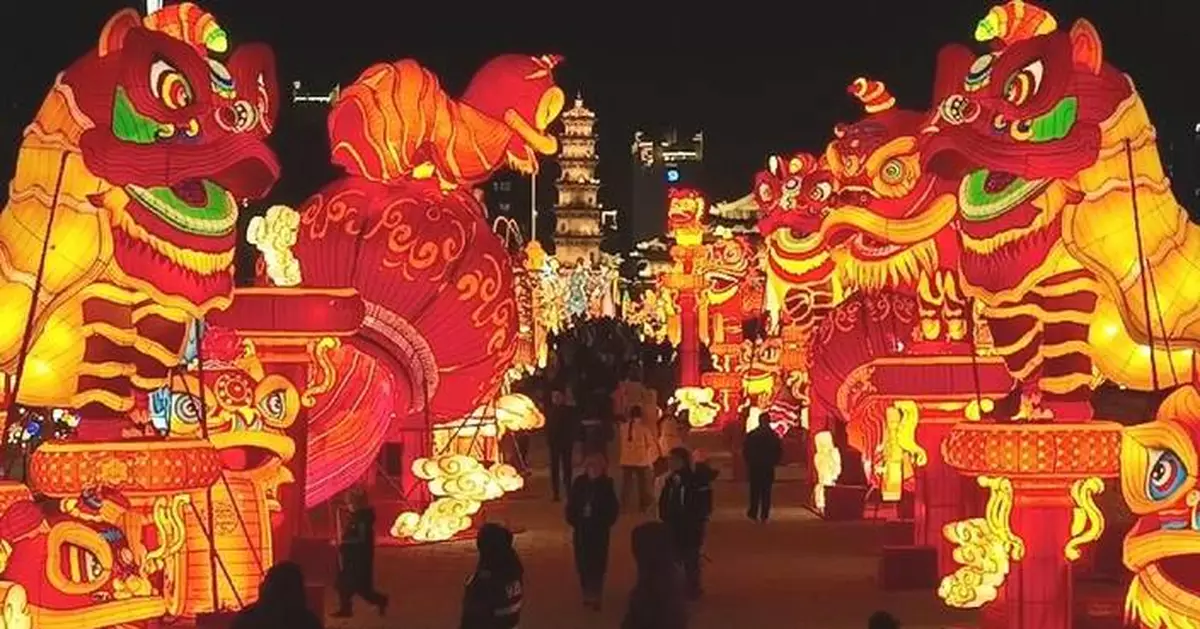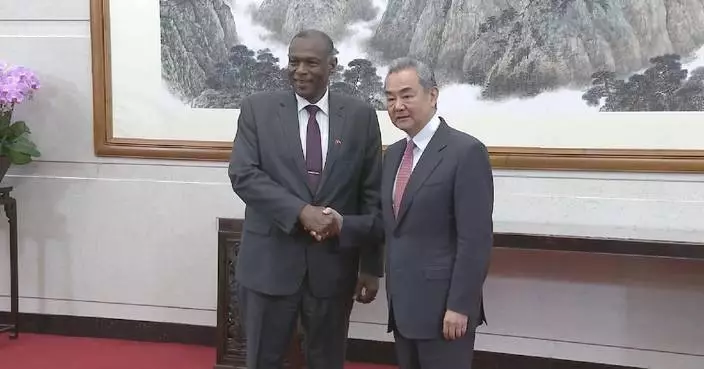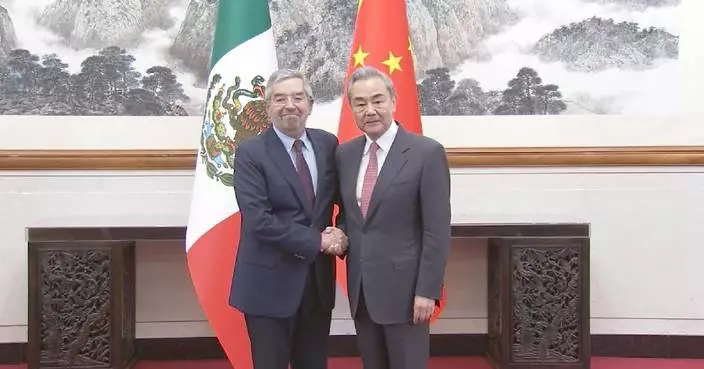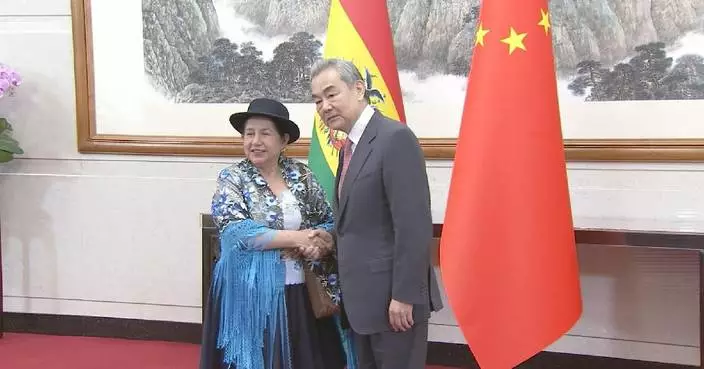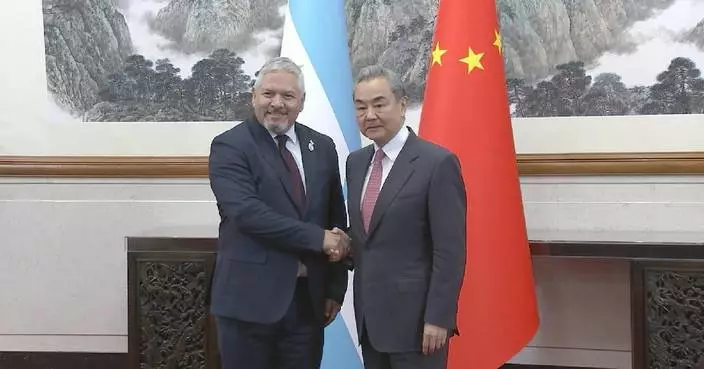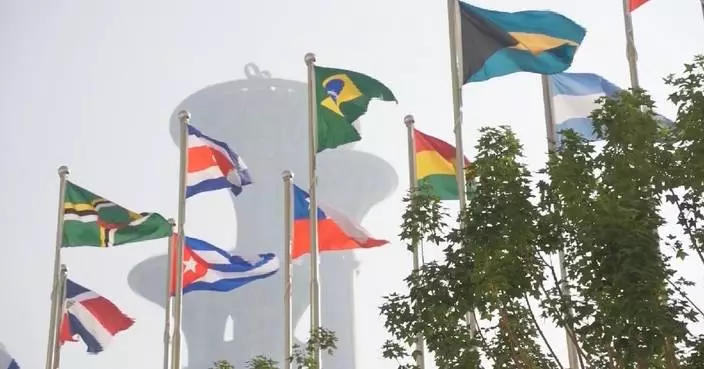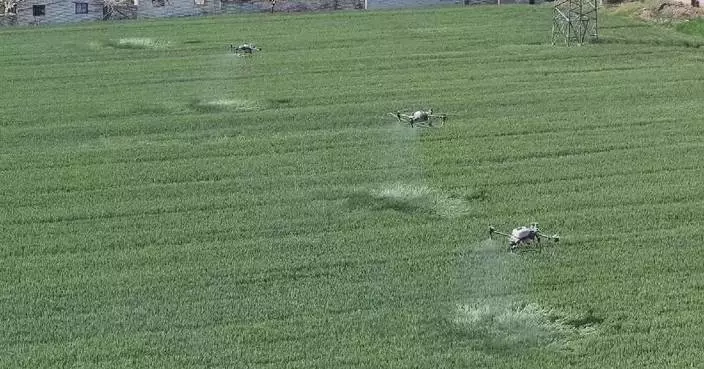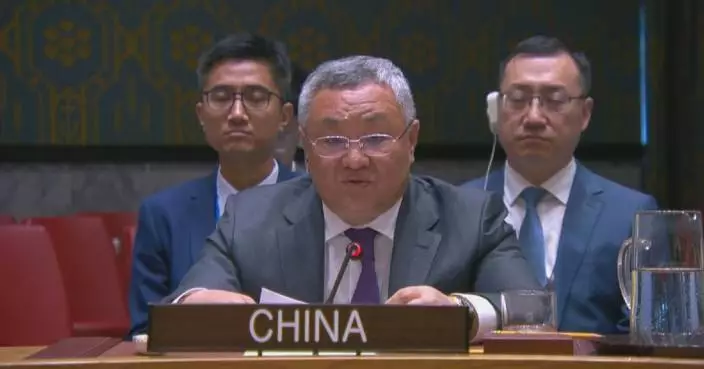The famous ancient city walls in Datong of north China's Shanxi Province have already been decorated with a characteristic traditional lantern show in the run-up to the Spring Festival in late January and early February, offering visitors a captivating visual experience.
The spectacular show features nine distinct themes, comprising a total of 31 lantern sets. Kicked off on Jan 1, the show will run until Feb 16.
In many historical Chinese cities, the ancient city walls stand downtown, spectacularly combining the past and present – a historical relic and a modern metropolis existing as one. Datong's city walls are no exception.
The ancient city wall of Datong was built in the Ming Dynasty (1368-1644). The Datong city wall has four sides, covering an area of 3.28 square kilometers.
In the past year, the Chinese video game "Black Myth: Wukong" took the gaming world by storm. With many of its historical locations set in Shanxi, the game has sparked a surge in tourism.
A lantern set inspired by the game frequently draws crowds of visitors to the decorated city walls.
One lantern set has incorporated the elements from the well-known Yungang Grottoes in Datong, particularly featuring traditional Chinese musical instruments such as the pipa and Chinese vertical konghou as depicted by ancient paintings in the grottoes.
Representing the outstanding achievement of Buddhist cave art, Datong's Yungang Grottoes are one of the three major grotto sites in China.
With 45 major caves and more than 51,000 statues, the 1,500-year-old Yungang Grottoes were listed as a UNESCO World Heritage Site in 2001.
Datong is also known for its delectable cuisine. One lantern set showcases local delicacies, including knife-cut noodles -- arguably the most famous dish in the region -- and sticky millet cake, etc.
Meanwhile, snake-themed lanterns and those adorned with the Chinese character for "Spring" were also displayed, in celebration of the upcoming Spring Festival, or the Chinese New Year, which will be a year of the Snake.
There are 12 animals on the zodiac cycle of the Chinese lunar calendar, in the following order: Rat, Ox, Tiger, Rabbit, Dragon, Snake, Horse, Goat, Monkey, Rooster, Dog, and Pig. Each animal has its own unique characteristics.
The Spring Festival is China's grandest traditional festival when people across the country return to their hometowns for Chinese Lunar New Year celebrations and family reunion. The upcoming Spring Festival holiday season falls in late January and early February.
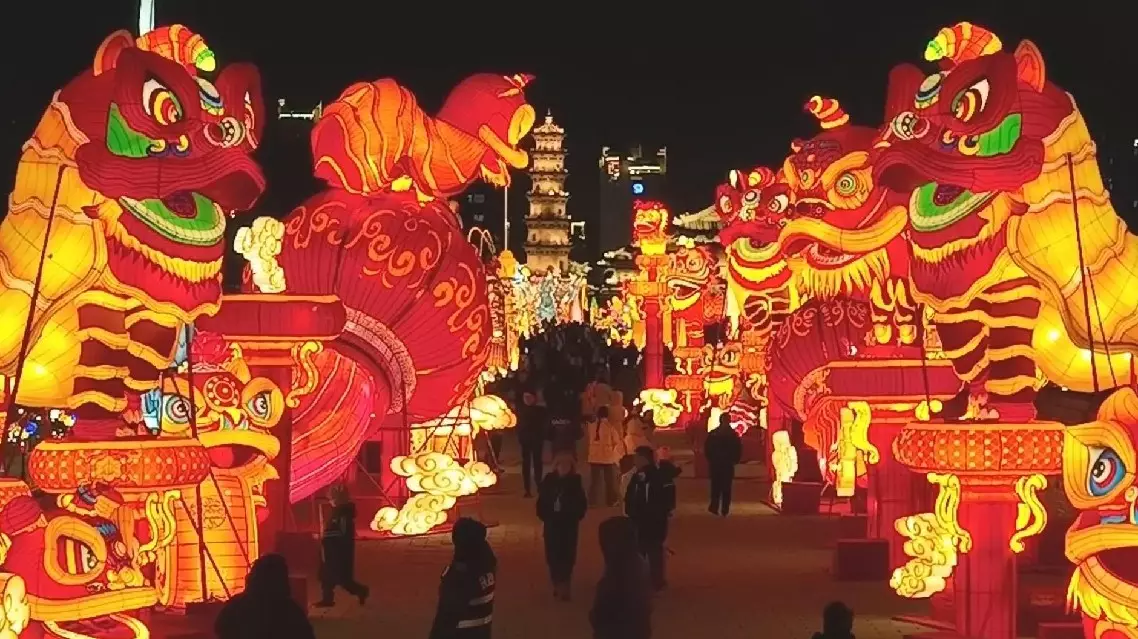
Ancient city walls decorated with lantern show in run-up to Spring Festival


